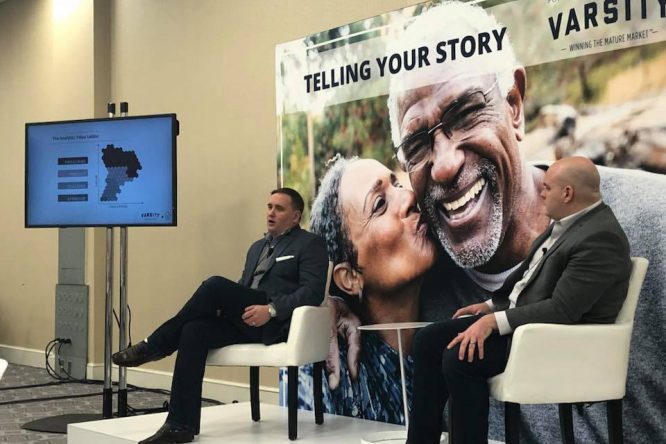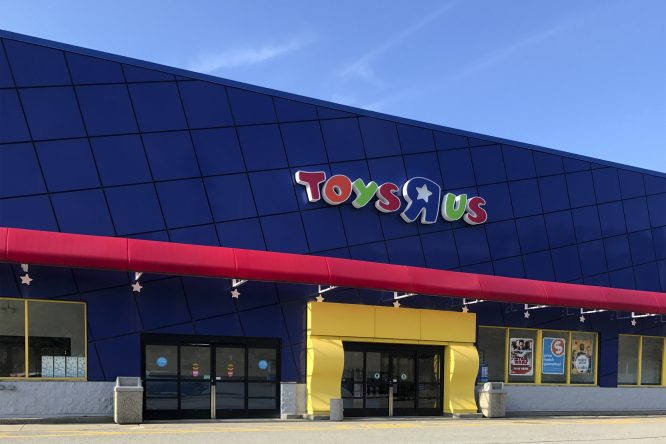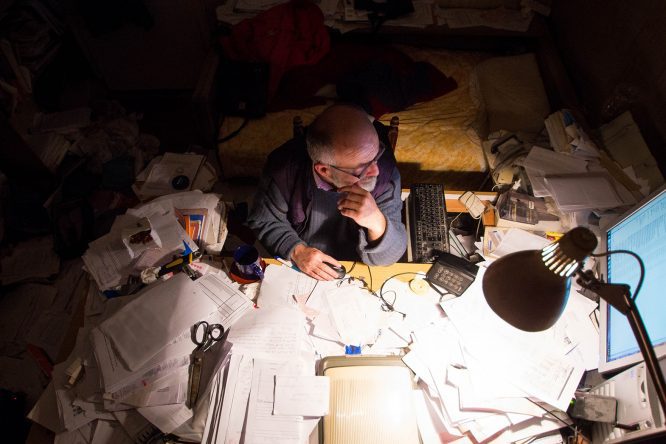This article is the first in a three-part series, offering a fresh perspective on a topic that aging services providers often overlook — older adults experiencing homelessness. Over the next few weeks, we will post sequels to this piece, so make sure to check back!
I had settled into the back seat of my Uber. My phone was in my hand, and I was scrolling through emails, trying to catch up after a flight to Los Angeles. As we drove under an underpass, bright colors caught my attention. I looked up to find a sea of brightly colored tents, many in tatters, formed by a small enclave of individuals experiencing homelessness. I was struck by how many of the people I saw were older adults. Later, during a meeting with our team at Varsity, I mentioned this. Our communications manager, Seth Anthony, said that he knew a man in California that was ministering to this population.
That man is Brother Damien Joseph, a friar in the Society of St. Francis, an Episcopalian-affiliated religious order based out of San Francisco. Three years ago, Damien Joseph gave up all of his worldly possessions and moved to California, where he found a calling working with people experiencing homelessness. Because of his vast firsthand experience with this population, we interviewed him, and he provided some fresh perspective on how older individuals experiencing homelessness are treated.
Can you give us a brief overview of those without shelter that you’ve interacted with?
There are multiple types of homelessness. While we automatically picture someone sleeping on the sidewalk, our homelessness crisis also includes people living in shelters (sometimes NOT a step up from the street), SRO (single-room occupancy) type shelters, transitional housing, unstable housing (“couch surfing,” for example) and so on. It’s very important to recognize that the scope and complexity of the problem is far greater than just what we can all see driving around a big city.
Second, just as in any field, language is loaded. It’s worth noting that advocates are trying to steer conversation away from referring to “the homeless,” as it is seen as depersonalizing and as defining a person, and his or her worth, by his or her housing status. People working in the field prefer to use language like “people experiencing homelessness.”
Do you find it true that many older people who are experiencing homelessness didn’t have an opportunity to plan for retirement? Perhaps they don’t have any savings, or they lost the savings in some way? Do you find it common for folks to have not had any retirement plan and now find themselves in trouble?
I’m inclined to think more cases involve simply having no chance of preparing for retirement, rather than having simply failed to plan. Politicians want to find the “solution” to homelessness, but there is no one solution. Homelessness is a complex phenomenon perpetuated by elements out of our control and by elements we absolutely can control, both as individuals and as a society.
Addressing issues regarding seniors and homelessness, like any other problem, is best done by making changes BEFORE seniors become homeless. Increases in available resources, especially health care, is an essential, practical and right place to start. Additional shelter services are needed, but long-term supportive housing solutions are needed far more. What is needed most is also most difficult to get: a change in the hearts and minds of people.
When all of us believe that no one deserves to be left in the gutter, when we get it through our heads that no one “deserves” to be poor, when we realize how much of what we have is pure “dumb luck,” when we treat everyone with the dignity they deserve, then we’ll make some progress.
It’s all about people taking care of people.
I found that last quote resonate, as it’s something I hear from aging services executives all over the country: We take care of people. So, what are our non-profit aging services organizations doing to take care of those most at risk, such as those experiencing homelessness?
We hope you’ll join us next week when we continue our interview with Damien Joseph and further discuss the challenges faced by those experiencing homelessness.



